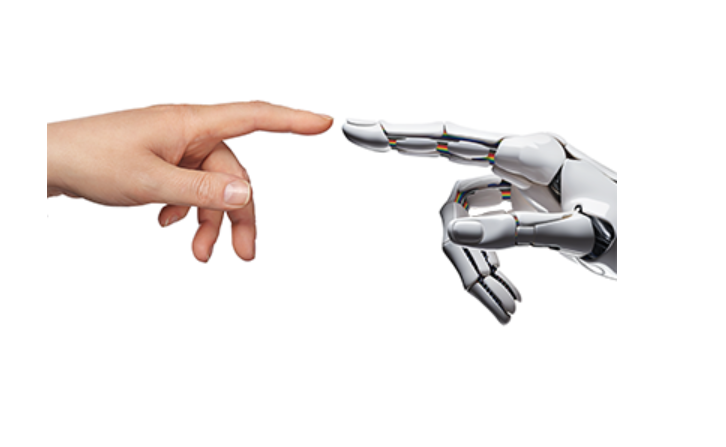The advancements in digital technology offer significant opportunities in diagnostics, with
profound implications for the healthcare sector and society at large. Particularly noteworthy
are recent developments in data-driven approaches, notably the surge in artificial
intelligence (AI) capabilities. This surge is made possible by remarkable progress in data
generation, aggregation, and computation, allowing for the extraction of insights from
complex interactions among various types of information, including through machine
learning (ML).
Another crucial aspect of digital transformation driving healthcare advancements is the
utilization of new measurement methods facilitated by accessible measurement and
communication technologies, such as those found in mobile phones, often referred to as
edge solutions. Digital health advancements, rooted in computational and AI innovations,
hold the potential to provide predictive insights in previously unforeseen ways. This
potential stems from the ability to leverage vast amounts of data and draw inferences from
intricate interactions.
The focus of this discussion centers on the impact of the data-driven AI wave on diagnostics
and the healthcare sector. One key aspect is to underscore the imperative for organizations
within the sector to pass on significant benefits to end-users while embracing these evolving
advancements.
We find ourselves in an era characterized by both soaring healthcare expenditures and
unacceptable disparities in healthcare accessibility. While demographic factors are often
cited as the cause of this inequality, its impact extends beyond specific subsets of the
population, affecting society as a whole. This reality has been starkly highlighted by events
such as the COVID-19 pandemic and the opioid epidemic.
In this article, the terms "health sector" or "healthcare sector" encompass drug
development, medical technology, diagnostics, patient care, payer systems, and regulatory
frameworks. The term "diagnostics" encompasses a broad spectrum, ranging from wellness
assessments to treatment inference and monitoring treatment efficacy.
Health and wellness present a complexity surpassing that of many engineered systems, as
they are not human-made and changes often manifest as symptoms, illness, or treatment
effects that defy easy understanding. The healthcare sector, characterized by a high degree
of inflexibility and reliance on expert knowledge, faces challenges such as fee-for-service
models and lack of cost transparency. Efforts are underway to transition to a value-based
healthcare system with increased transparency, albeit with significant challenges.
While AI holds promise in unraveling the complexities of healthcare, it also poses challenges
due to the opaque nature of decisions derived from machine learning models. Rigorous
evaluation methods, including practical validations, are crucial for ensuring the reliability of
AI-driven solutions in real-world applications.
Looking ahead, the future of diagnostics stands to be revolutionized by AI-driven
advancements, not only through the development of novel digital diagnostics but also by
enhancing the value derived from other aspects of digital transformation. These
advancements have the potential to streamline physician workflows, reduce decision-
making time, and ultimately improve patient outcomes. Thoughtful development and
integration of digital technologies across the healthcare spectrum hold promise for early
detection, symptom alleviation, disease cure, and enhanced quality of life.




